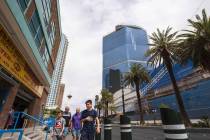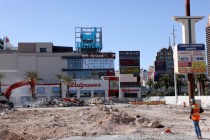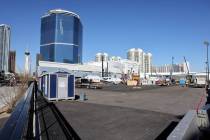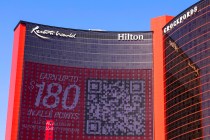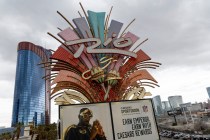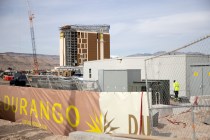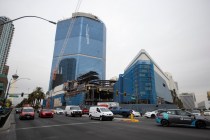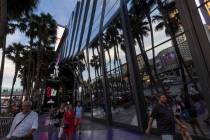Convicted Ponzi schemer left Las Vegas mansion, most belongings
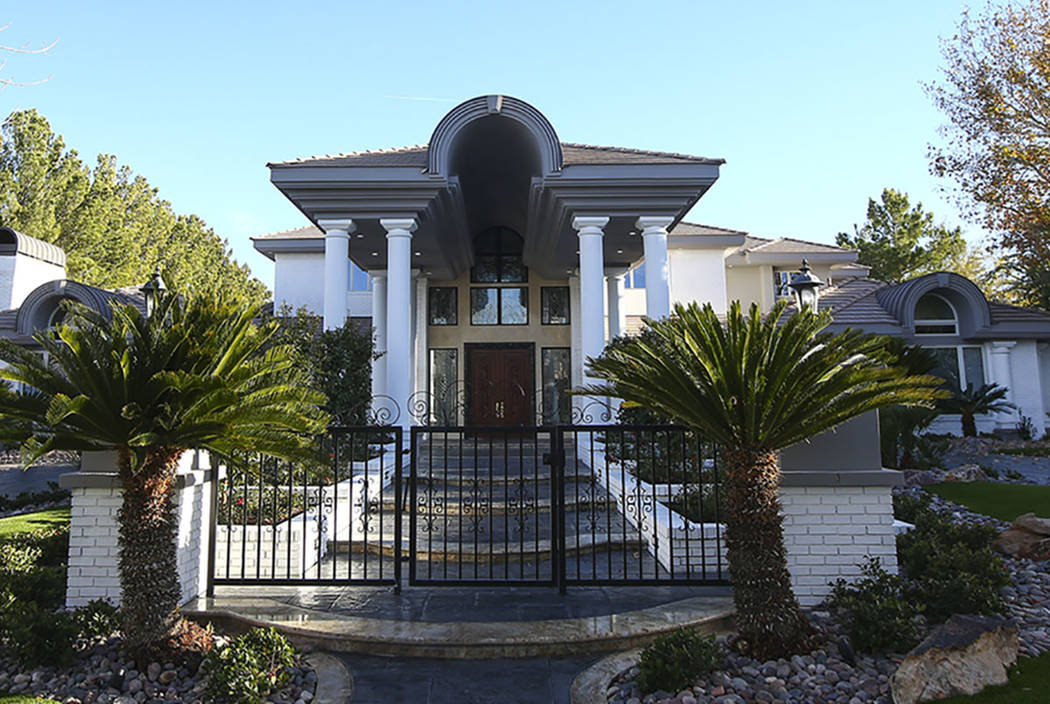
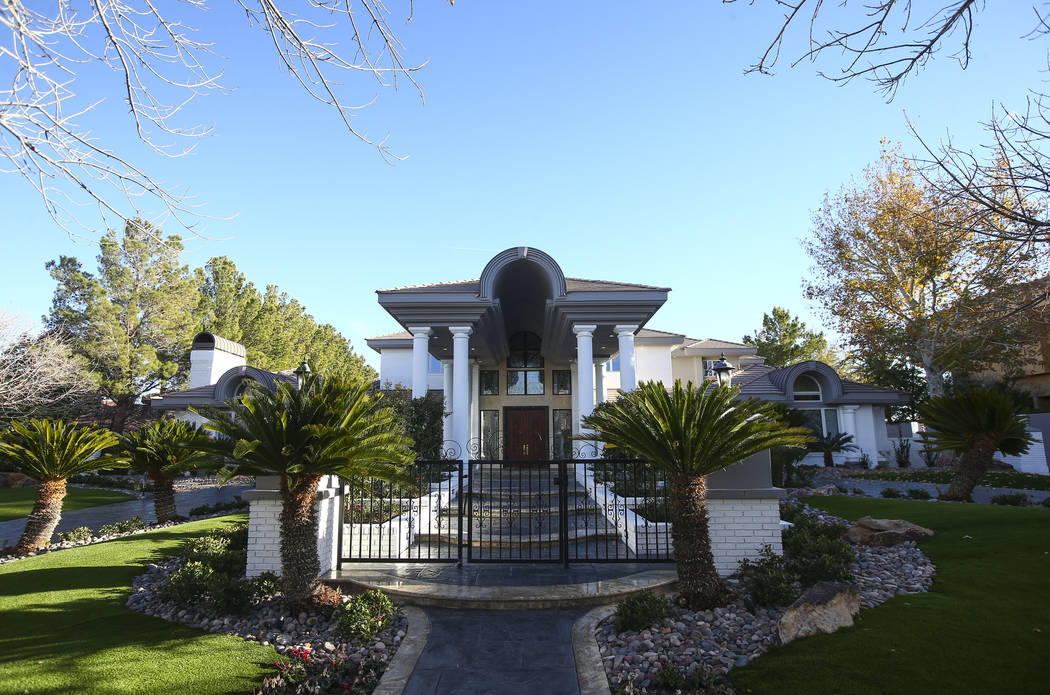
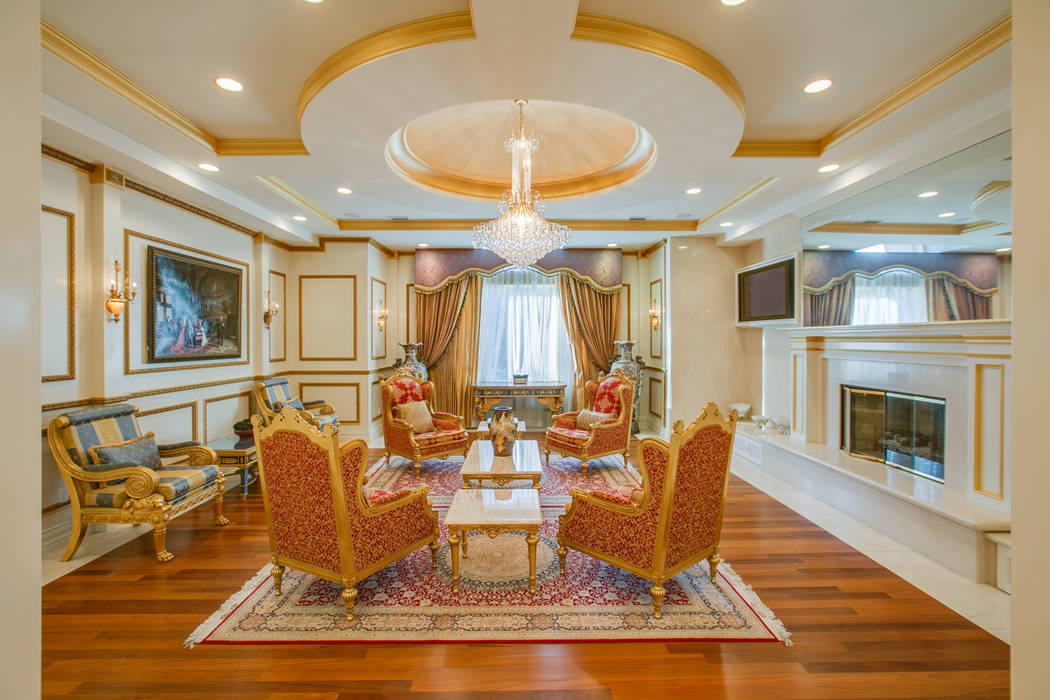
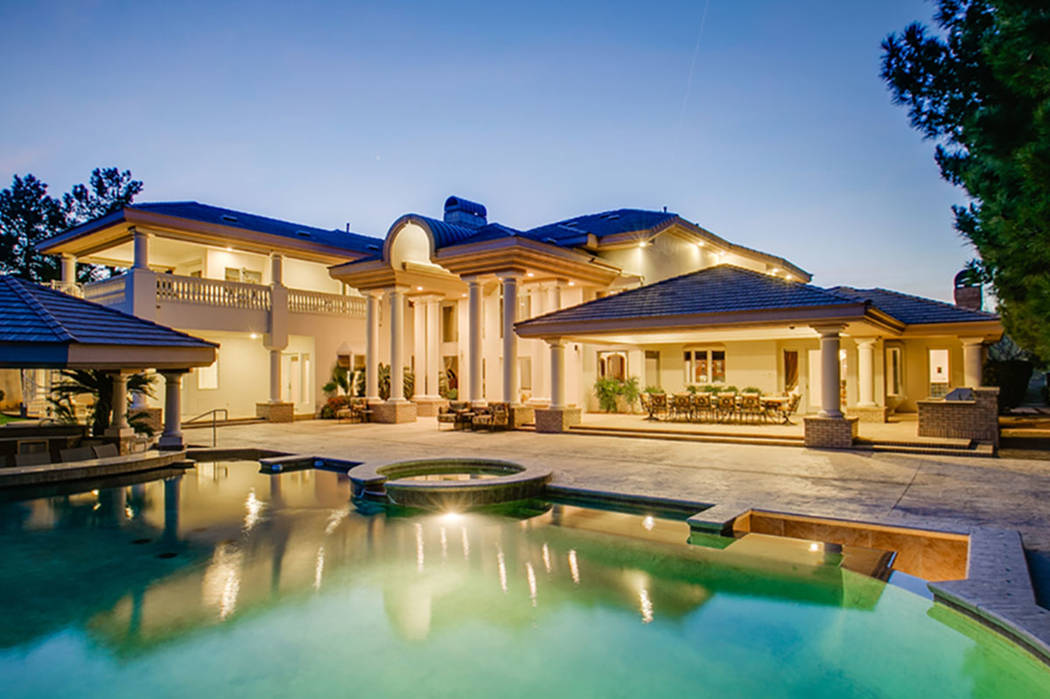
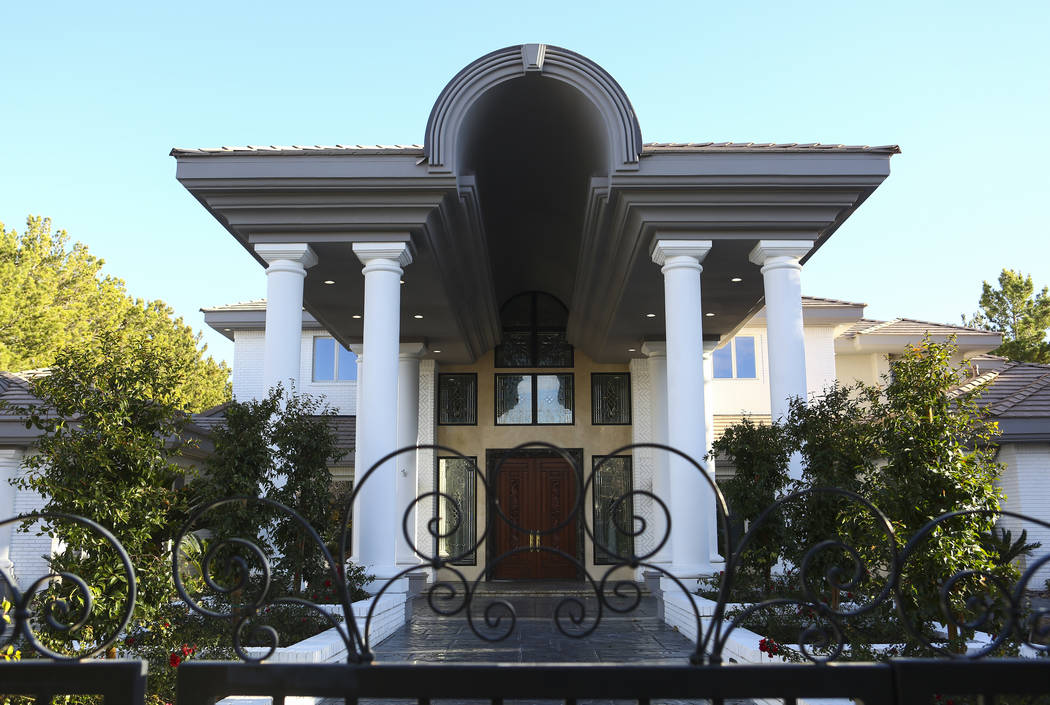
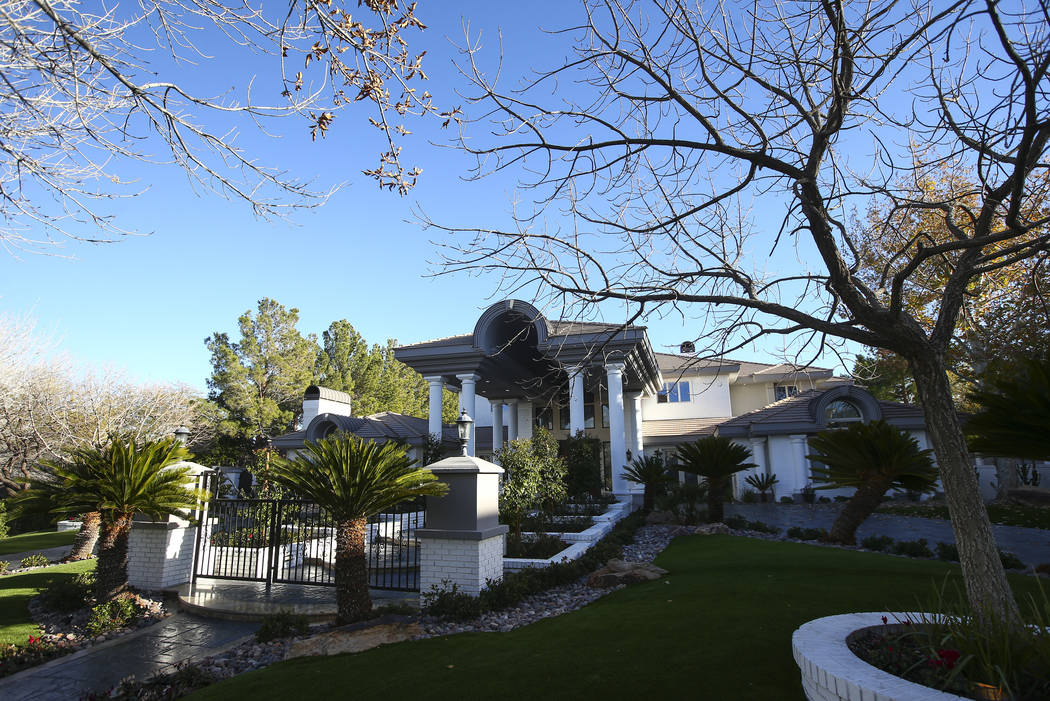
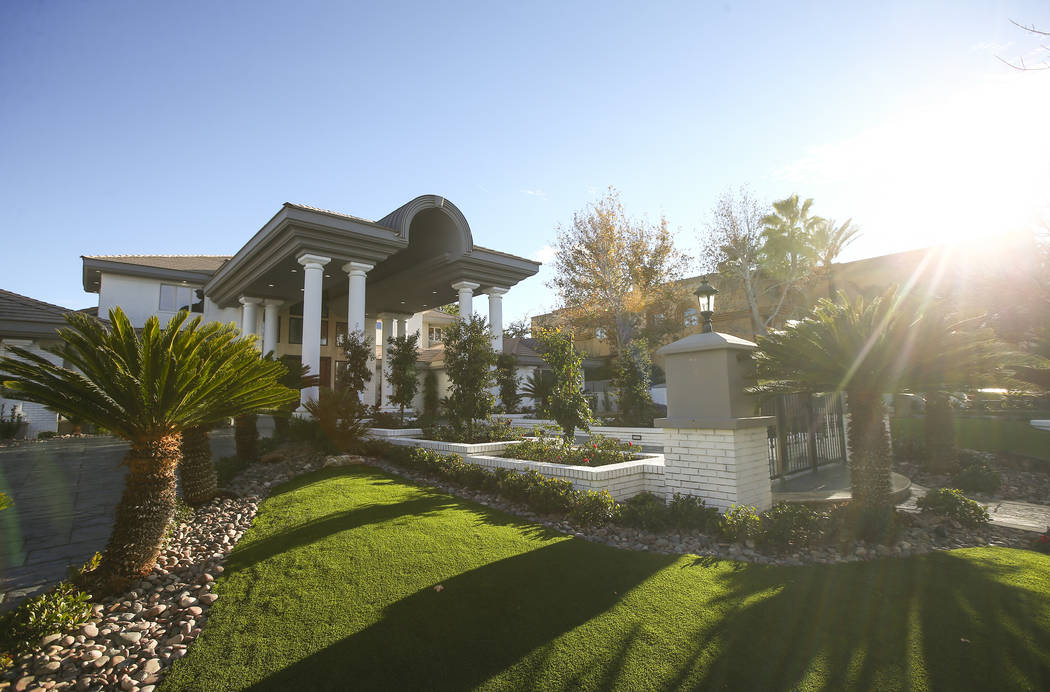
Edwin Fujinaga, after being accused of running a massive Ponzi scheme, was at his golf course mansion in Las Vegas one day. He was handing over the keys, and stated something peculiar on his way out.
“He said, ‘I guess I’ll start over,’ and walked out the door,” said Coldwell Banker Premier Realty agent Greg Clemens, who was hired by a court-appointed receiver to sell the home.
Fujinaga made his way down the driveway and onto the street of the guard-gated community, said Clemens, who wasn’t sure where he went.
Fujinaga, former owner and chief executive of MRI International, a medical-billing-collections company in Las Vegas, was convicted in late November of running a $1.5 billion Ponzi scheme. He is scheduled to be sentenced March 8.
MRI’s former office complex in the southwest valley emptied out and fell into disrepair after federal officials took aim at Fujinaga. Vandals smashed windows and toilets, electronics went missing, and hypodermic needles were found around the bushes, court records show. A former listing broker said he carried a baseball bat for protection when visiting the abandoned property.
There’s no indication that Fujinaga’s luxury house got trashed as well. But he tried to stall its sale and, the new owner told me, left the place filled with belongings.
The two-story mansion at 9009 Greensboro Lane spans more than 7,400 square feet, county records show, and sits in Tournament Hills, a wealthy enclave off Rampart Boulevard and Summerlin Parkway.
Its $2.3 million sale to married couple Bart Wilson and Tonya Smith closed in May.
Wilson, co-owner of Racing Optics, which makes disposable lenses for race car drivers and other users, said Friday that they never met Fujinaga. But, he said, the house came “fully furnished.”
There were spoons, safes, a grand piano, televisions — “everything besides his clothes and toothpaste,” Wilson said.
The buyers held an estate sale to get rid of his stuff, but they kept some items, including the piano, Wilson said.
MRI, founded in 1998, was based in Las Vegas and had a sales office in Tokyo. Its “purported” business, according to the Securities and Exchange Commission, was buying unpaid medical accounts at a discount from health care providers and trying to collect payments from insurance companies.
The SEC sued Fujinaga and MRI in 2013, alleging they ran “an extensive and egregious Ponzi scheme” that defrauded thousands of investors, primarily in Japan. A federal judge in 2015 ordered Fujinaga and MRI to pay more than $580 million in the case.
Later that year, Fujinaga was arrested after a federal grand jury indicted him and two MRI executives in Japan, alleging they ran a $1.5 billion Ponzi scheme.
According to federal prosecutors, Fujinaga spent less than 2 percent of investor funds buying medical claims and instead spent the “vast majority” paying off previous investors.
He spent the balance on “impermissible” business and personal expenses, including a private jet, luxury cars and a mansion on a Las Vegas golf course, prosecutors said.
The house in Tournament Hills was built in 1996 and bought by Fujinaga in 2003, according to property and court records.
Fujinaga’s legal team tried to temporarily exempt the home from the receiver’s sales efforts. Among their arguments: Fujinaga’s ability to defend himself in the criminal case would be “significantly compromised” if he were forced to move out.
One filing even tried to downplay the mansion’s size. The SEC stated that it is “a ‘palatial home,’” Fujinaga’s lawyer wrote, but the house is “certainly not a palace” and is merely “average size for his neighborhood.”
In summer 2016, court records show, a federal judge shot down Fujinaga’s request to table the sale of the home.
Contact Eli Segall at esegall@reviewjournal.com or 702-383-0342. Follow @eli_segall on Twitter.




